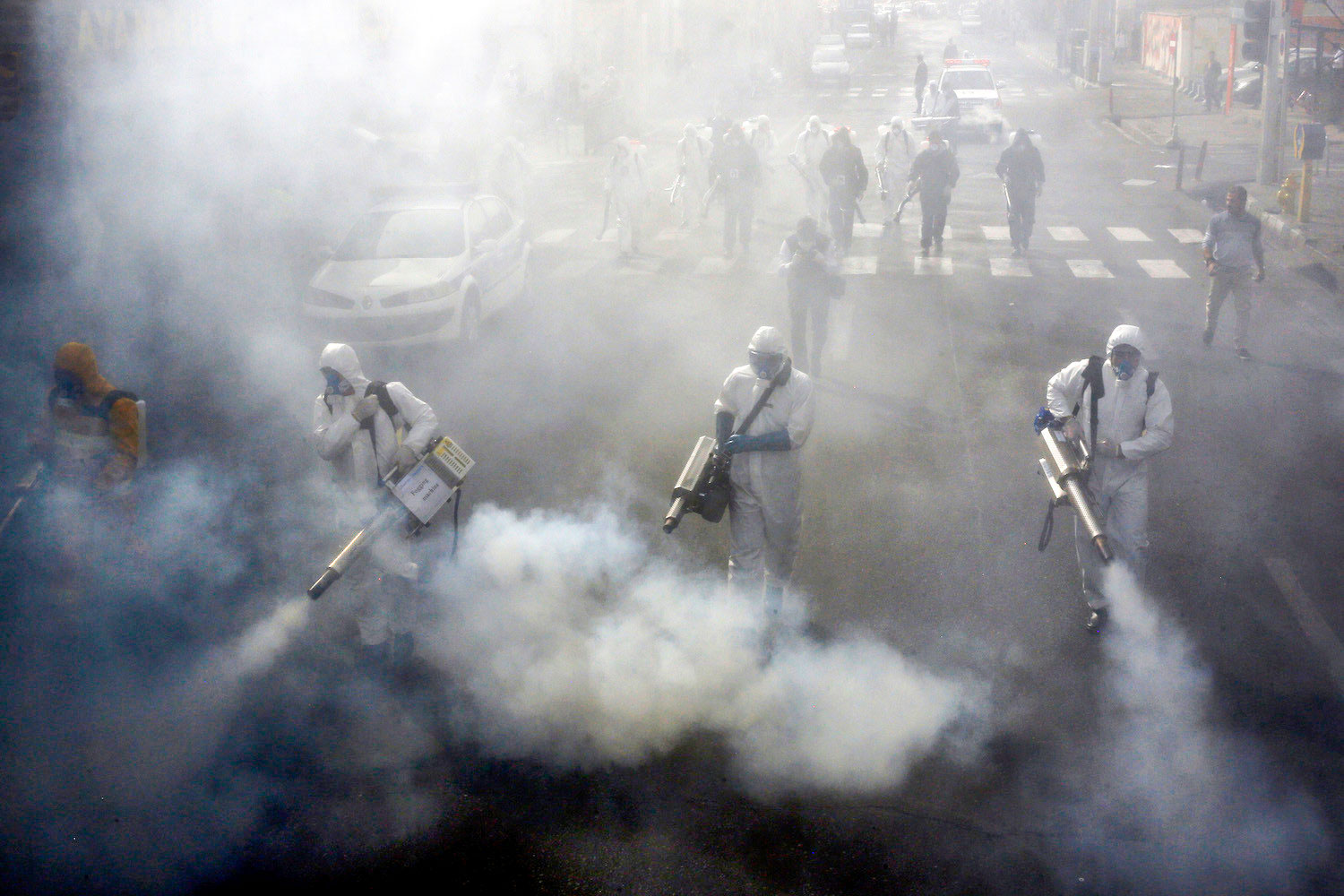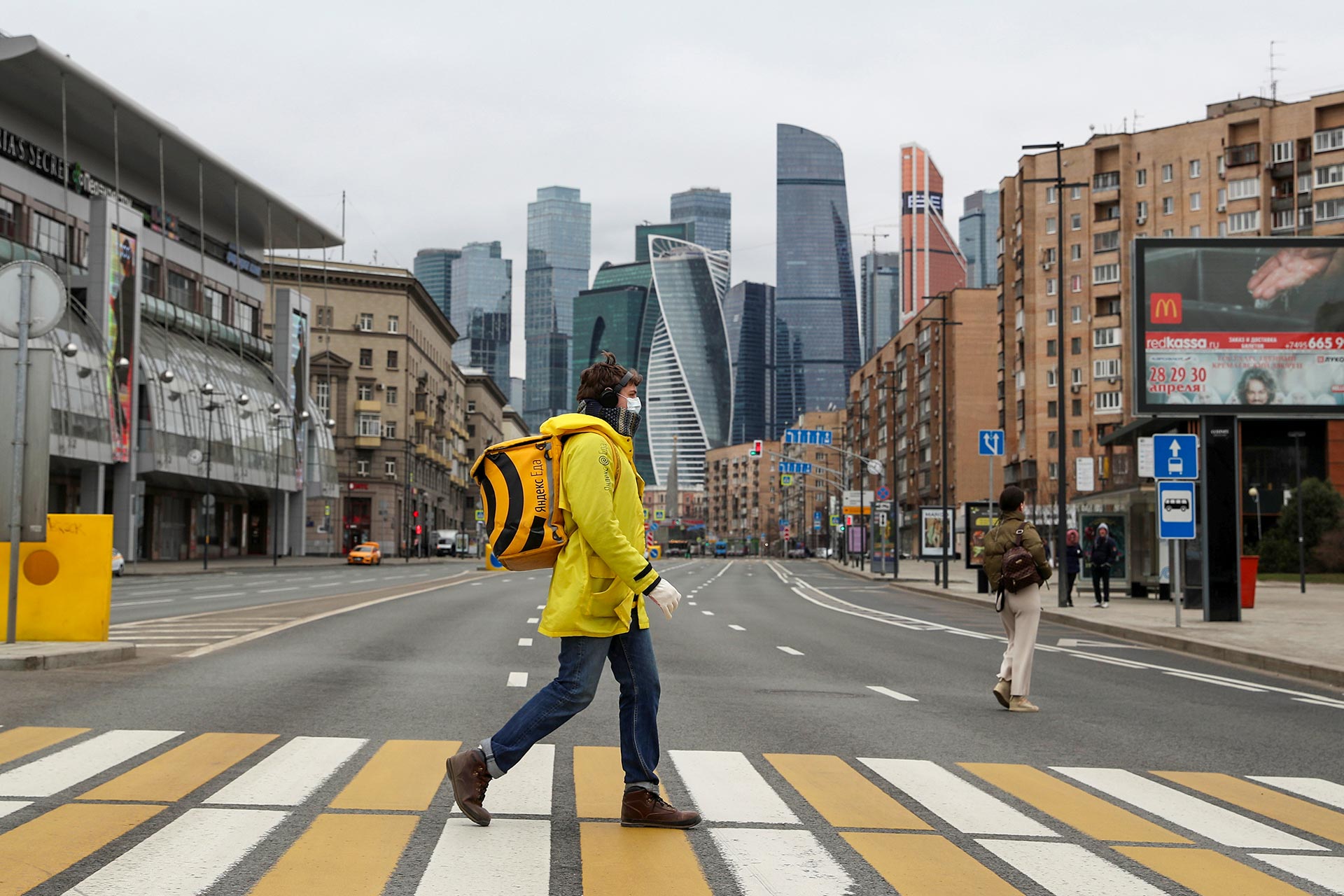Disrupting almost every aspect of social life including production, consumption, transport, entertainment, education, international relations, sports, and religious duties, the coronavirus pandemic has grown into a threat of a global scale, putting countries, governments, and societies to test. Coping methods and measures taken against the pandemic manifest changes in leadership styles and popular behavior. International summits, congresses, major sports events, cultural and tourism activities, festivals, fairs, and educational activities are canceled one by one or take place online. Coronavirus pandemic leads humanity into a forced, very unfamiliar social isolation. Experts believe that the pandemic will result in massive changes in both individual and social habits.
Covid-19 pandemic, which first emerged in China and rapidly spread around the world, has socio-psychological repercussions revealing unpredictable and undefinable risks of globalization. Covid-19 has resulted in a huge chaos and disarray all around the world. Chaos reigns mostly in questions as to the roots and emergence of the novel coronavirus, where and to what extent it poses threat, and coping methods against the pandemic. Countries adopt markedly different approaches in their fight against the Covid-19 pandemic, while individuals are confused about grasping the severity of the threat and how to protect themselves from it. (Balcı, 2020). Meanwhile, it looks like conventional communication methods have fully given way to virtual space.

“Virtual public spaces”, examined widely in 2000s, are now explored anew from the perspective of civil society, as social distances grow and the Internet brings together human beings. As people are called on to “stay home”, traditional communication patterns diminish and boundaries shift between public space, virtual space, and private space.
Insecurity, Loneliness, and Alienation
Experts argue that people who feel under risk these days might worry about infection among their inner circle, which in turn could prompt higher levels of social insecurity. Researchers note that enforced social isolation of individuals might change their consciousness and intentions, which may over time be superseded by “preferred isolation” or “solidarity.”
According to scientists, in the event of lasting coronavirus impacts, forms of preferred isolation or solidarity could increase social cohesion within nations, while attitudes towards different groups could be more distant. It is argued that people might adopt negative attitudes to foreigners, especially towards Far Easterners, who they might assume to be potential spreaders of the contagious disease. Referring to the pandemic as the “Chinese virus” is considered an indication of such behavior.
Division of chores at home
Experts also point out to how domestic relationships are called into question with increasing time spent at home. They consider it crucial to rethink old habits in domestic relationships and transform them with awareness. Families spending more time at home also means increased household chores. Rather than considering housework the job of women, an effective division of labor such as taking turns would benefit everyone at home during this period.

Flexibility at “Work”, Worries, and the Future…
New methods of work, in place on a small scale since the 1970s, are gaining ground as a result of Covid-19. Many industries have collectively and rapidly adapted to working from home. However, employees are worried about ensuing risks. Flexible work might become widespread over time, bringing along a new working life in the virtual workplace. It is noted that virtual workplaces might lead to a deeper sense of social isolation across the world as well as to a preference for solitude. New methods of work might also increase financial concerns among employees. Meanwhile, it is argued that many organizations might embrace virtual work environments. An increasing number of employers and wage earners might prefer working remotely as an alternative.
Economic outlook
An April 2020 survey by Ipsos market research company reveals crucial signs about economic concerns among societies. In 10 out of 15 countries which participated in the global survey, majority of respondents do not expect a rapid economic recovery even after social coronavirus-related isolation and quarantine measures are lifted. Based on the results of the survey conducted with 29,000 respondents, Spain (76%), France (72%), Italy (68%), UK (67%), Russia-Japan (64%), and Canada (62%) do not anticipate rapid economic recovery. 49% of the respondents in the USA do not think rapid economic recovery is likely. Some other countries, though, are optimistic. Respondents from Vietnam (80%), China (68%), and India (63%) expect rapid recovery.
Some scientists refer to wrong policies taken in the 21st century: “Our societies have created the circumstances that make us more vulnerable to these kinds of diseases.” (BBC Türkçe, 2020). The crisis provoked by the coronavirus shows a need to call global issues into question and to adopt measures with higher awareness for these issues. We must keep in mind that the world is a communal space for all humans and we have a massive responsibility on our shoulders to produce common solutions to its problems.


